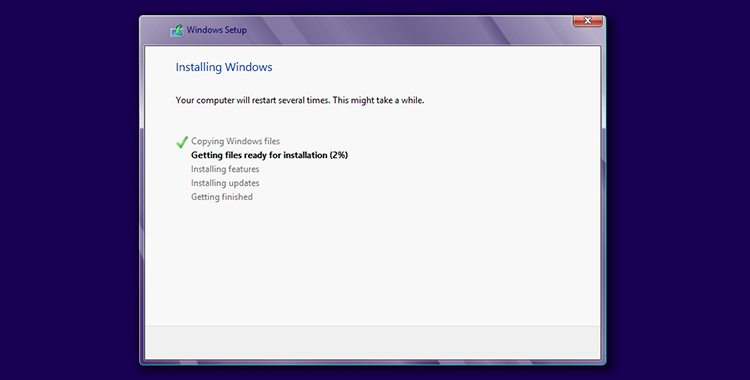
What's the worst thing about a shiny new Windows PC or laptop? In our estimation, it's the seemingly inevitable glut of bloatware that's pre-loaded by the manufacturer. Some are bigger culprits than others, but this week, Lenovo - the world's largest PC maker - has faced a backlash after users found adware running on their systems.
The controversial software, dubbed Superfish, has been delivering custom advertisements to web browsers, and has been deemed a serious privacy threat by security experts who have quickly cracked the unwanted software, leaving infected users open to attack.
Lenovo has responded to the trending online outrage by stating that Superfish preloads were stopped in January and has also provided PDF instructions on how to uninstall the software. However, this latest incident raises lasting questions regarding PC bloatware and comes in a year in which Microsoft wants consumers to move from "needing Windows to choosing Windows, to loving Windows."
The most common remedy for bloatware is to 'clean install,' through which Windows is re-installed on the system without any third-party software. The process has become more complicated as many PCs now ship without an optical drive or Windows installation media, and for novice users, a clean install can be daunting endeavour.
That brings us to this week's question, where we're asking: do you 'clean install' Windows on your PC/laptop? Yes or no, let us know your reasons for or against using the comments facility below.













